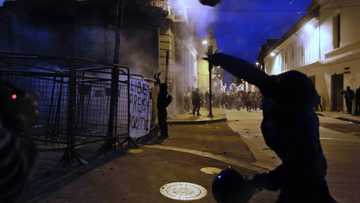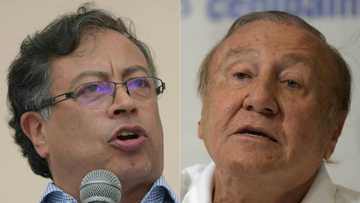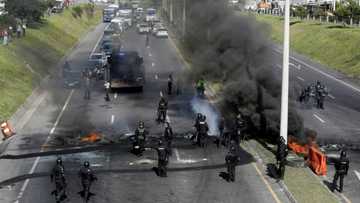French parliamentary election: what's at stake?
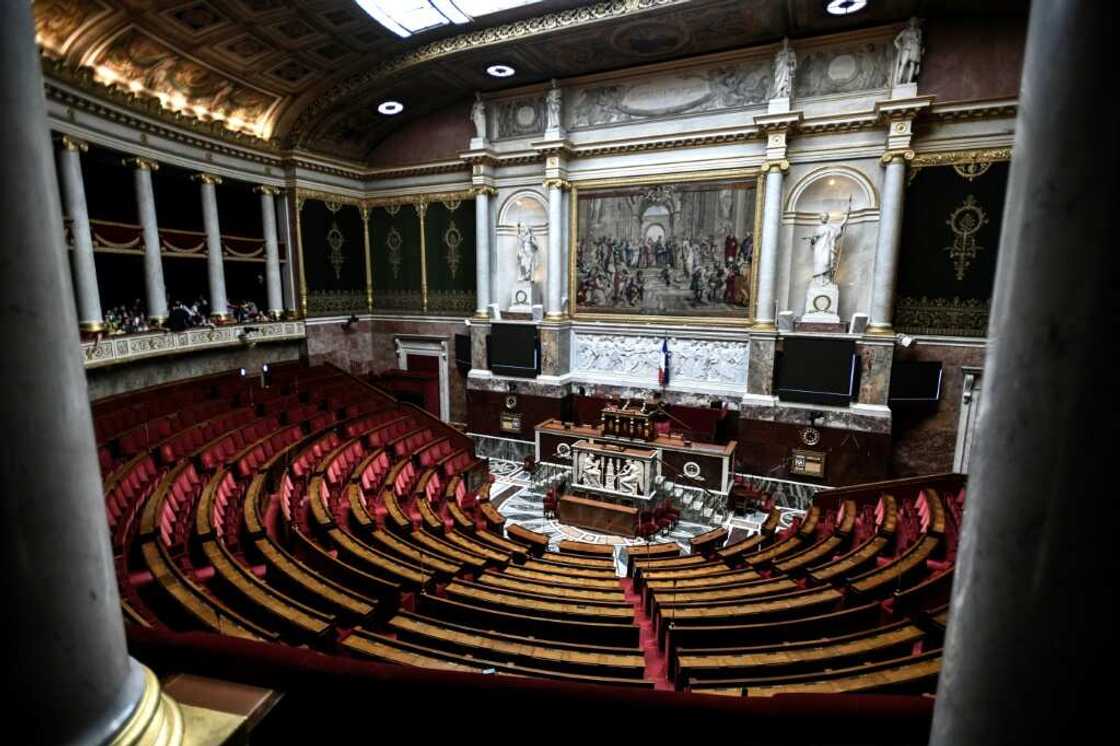
Source: AFP
PAY ATTENTION: Click “See First” under the “Following” tab to see Legit.ng News on your Facebook News Feed!
France votes on Sunday in the final round of parliamentary elections which are crucial for centrist President Emmanuel Macron's plans for his second term.
Macron's "Ensemble" (Together) coalition of centrist and centre-right parties is facing a challenge from a new left-wing alliance called NUPES.
In the first round of voting last Sunday, the two sides were neck-and-neck with around 26 percent.
In the second round, the initial field of candidates in almost all of the 577 constituencies has been whittled down to two contestants who go head-to-head.
Here are the possible outcomes:
A majority for Macron?
Macron's Together coalition is seen as the most likely of all the political movements to secure an outright majority of 289 seats.
PAY ATTENTION: Follow us on Instagram - get the most important news directly in your favourite app!
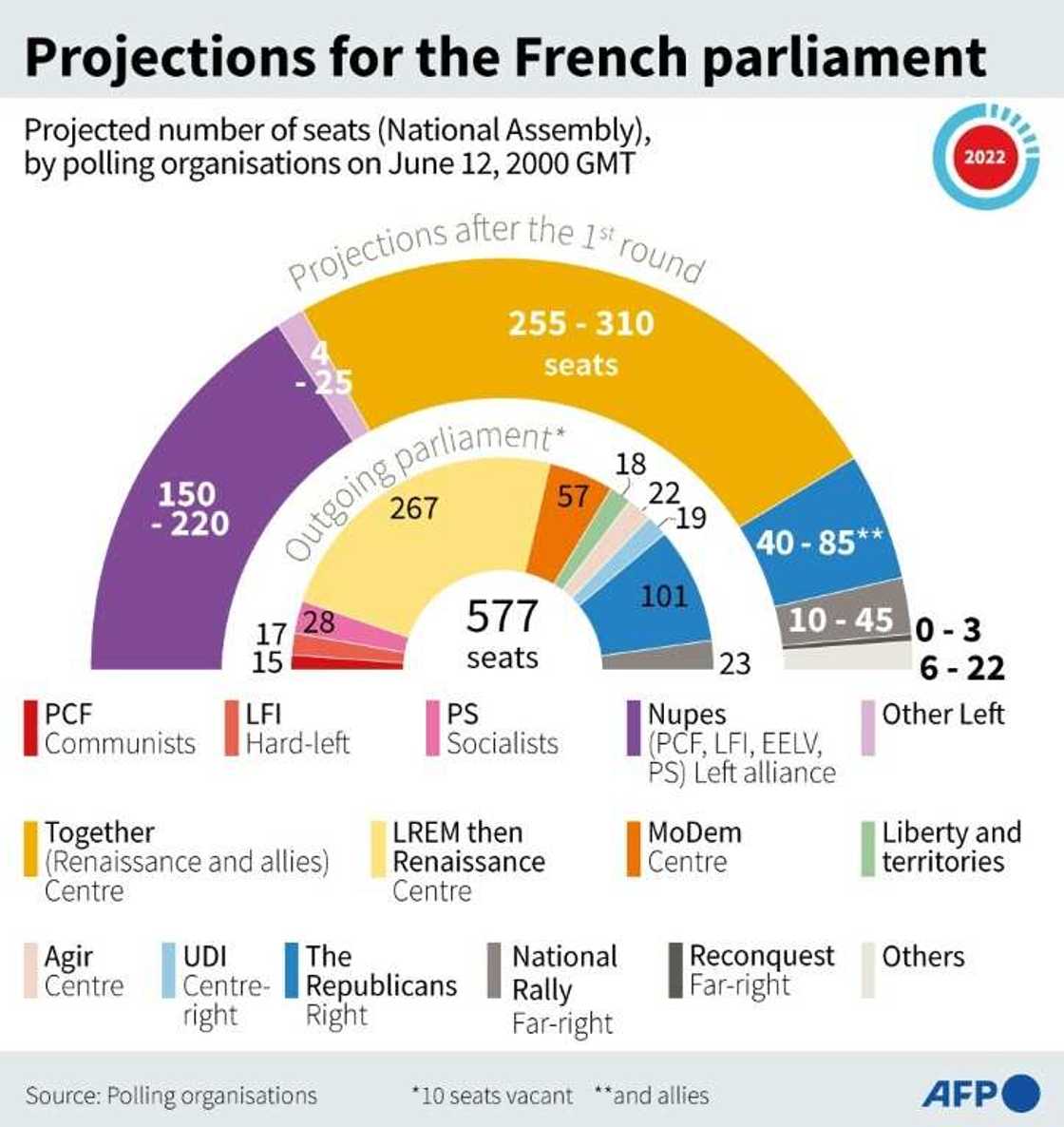
Source: AFP
Parties loyal to the former investment banker enjoyed a landslide victory in the last polls in 2017, but few expect them to get near the 350 seats secured then.
Polls have been remarkably stable and indicated that Together is on course for between 255-310 MPs.
Only a performance at the upper end of that range would give Macron a majority and enable him to push through legislation almost without resistance.
"There's a feeling among some people that there'll be a jump in support for us next Sunday," one minister told AFP this week. "I don't believe it."
Slightly short?
Many political analysts expect Macron's Together coalition to fall short of a majority despite pleas to voters to give him a free hand.
If Together ends up only slightly below the crucial 289 seats, a handful of opposition MPs or independents could be tempted to join the ruling parties.
Macron has a history of siphoning off centre-left and centre-right MPs from the country's traditional parties, the Socialists and the Republicans.
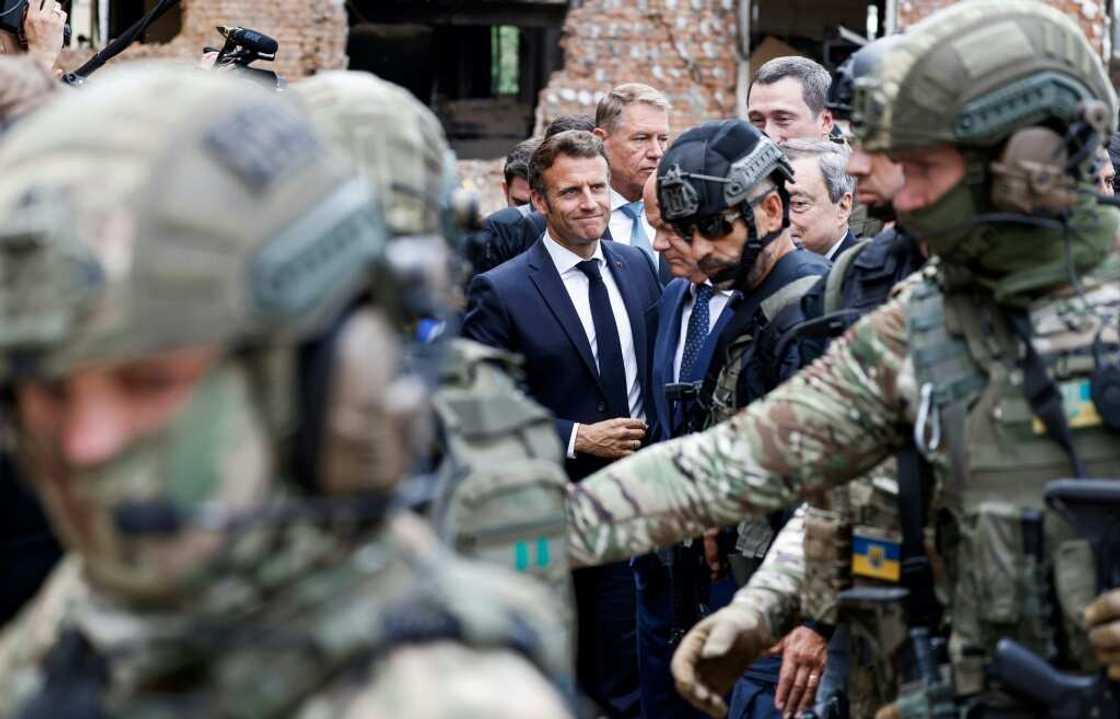
Source: AFP
If the gap is larger, formal tie-ups would have to be concluded with opposition groups such as the rightwing Republicans or the centre-right UDI.
This would require Macron and allies to compromise, hammer out an agreement on policy, and possibly offer cabinet jobs to their new partners.
Alternatively, the 44-year-old president could end up having to rely on vote-by-vote support from rival parties for each piece of legislation.
That would make for a messy and unstable legislature.
Left surge?
Seen as unlikely but not impossible, NUPES could outperform current expectations which see it winning from 150-220 seats.
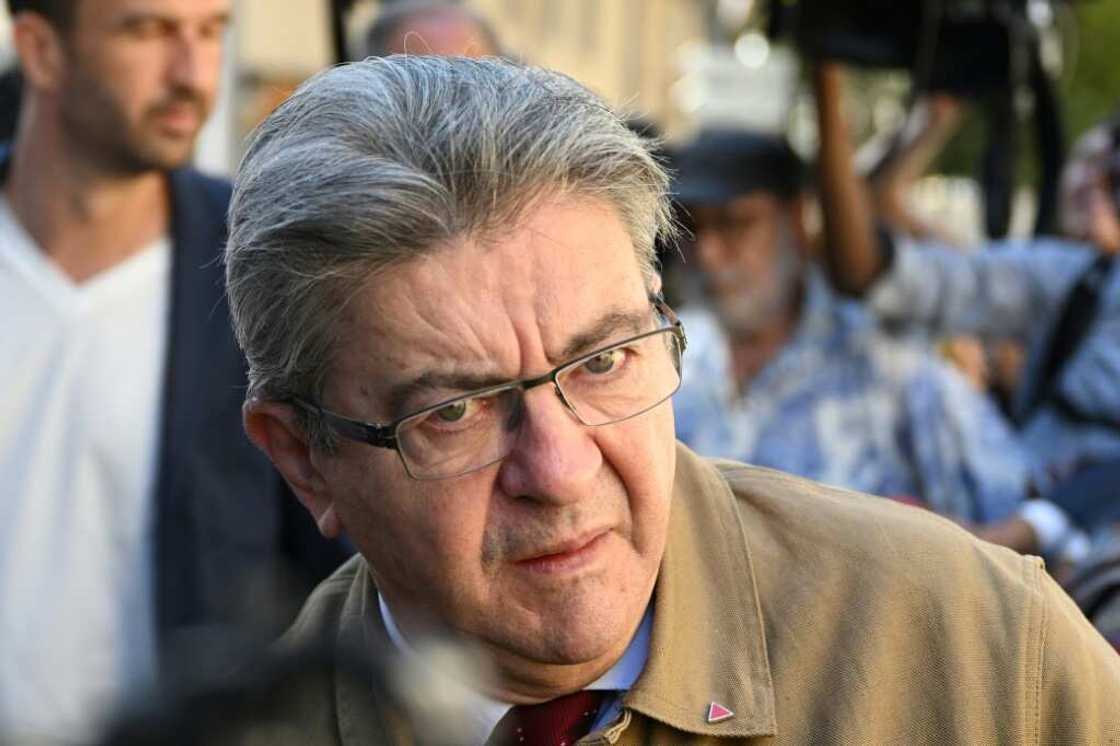
Source: AFP
Their leader, hard-left figurehead Jean-Luc Melenchon, 70, harbours hopes of forming the biggest group in parliament and then being named prime minister.
"Projections in terms of seats make no sense at this point, other than maintaining an illusion," he said last Sunday.
Forecasting the parliamentary elections and its 577 constituencies is a challenging task and polling firms have a mixed record.
The left performed better than expected in 1997 and 2007.
NUPES candidates will need working-class and young people to head to the polls in large numbers to stand any chance.
"We've confounded predictions. Now the challenge is to prove the projections wrong," Julien Bayou, whose EELV green party is a member of NUPES, said last Sunday.
Far-right gains?
French far-right leader Marine Le Pen achieved a historic high score in the presidential elections in April and is hoping to translate this support into seats in parliament.
The last polls on Friday suggested her anti-immigration National Rally (RN) party was on course for 20-45 seats, an increase from the eight it currently holds.
"They are the only political group that keeps progressing, almost at every election," Jean Daniel Levy from the Harris Interactive said on Friday.
Le Pen has spoken of "dozens" of new MPs, while the head of her party Jordan Bardella has raised the possibility of 35-40.
More than 15 would enable the RN to create a formal parliamentary group, giving it significantly more visibility as well as resources.
Other things to watch
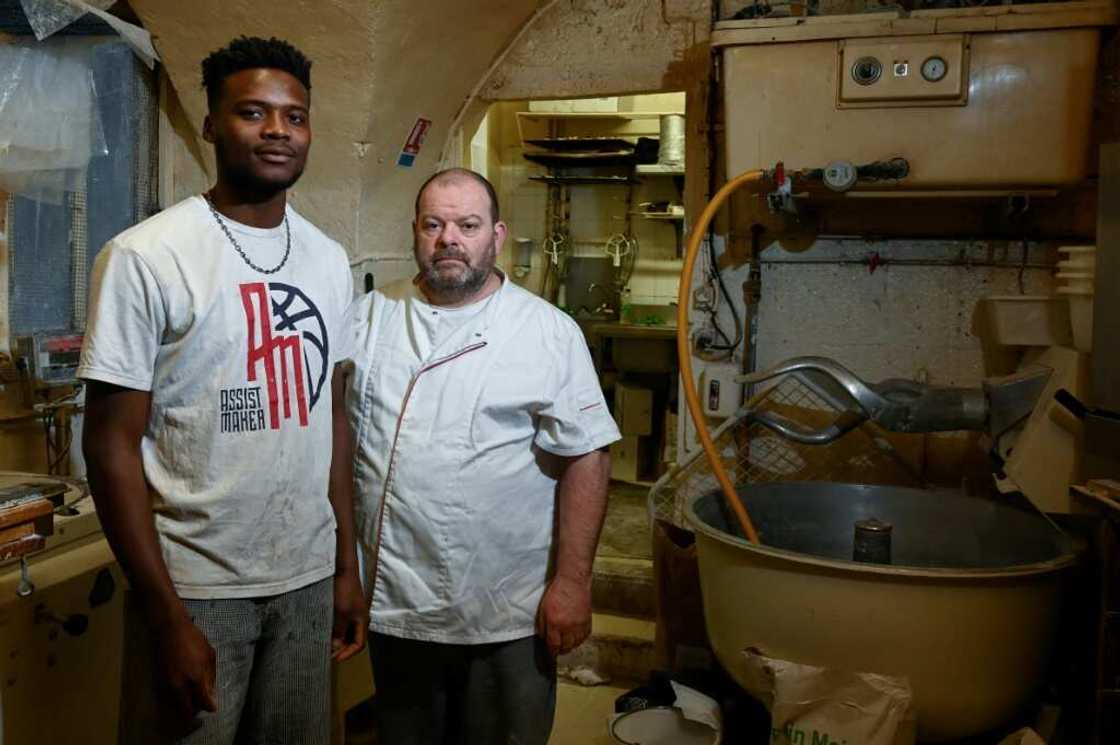
Source: AFP
The futures of several cabinet members are on the line, notably high-profile Europe Minister Clement Beaune and Environment Minister Amelie de Montchalin.
They both face tricky contests and would be expected to resign from the government if they fail to win, under a convention that Macron has promised to uphold.
Elsewhere, the prospects of a 53-year-old baker who went on hunger strike last year to prevent the deportation of his African apprentice are being closely followed.
Source: AFP



